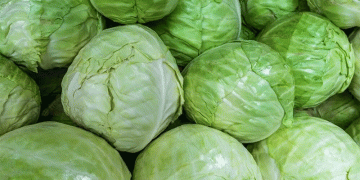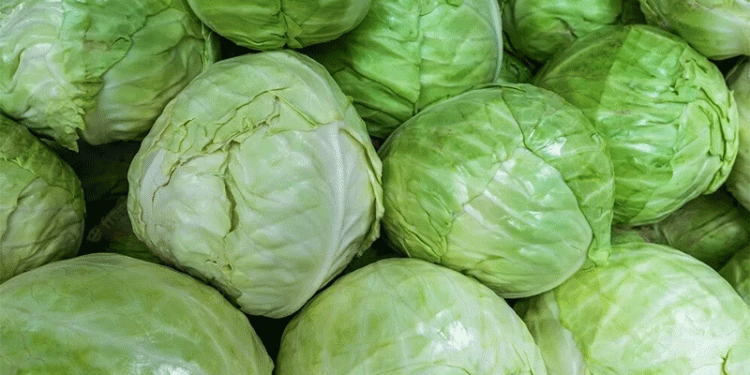South Korea’s agricultural sector is under severe stress due to increasingly unpredictable weather patterns. The country’s summer cabbage production is expected to drop by 24.5% compared to previous years, with planting areas shrinking by 23.9%28. This alarming decline has forced the government to intervene with emergency measures, including daily releases of 100–250 tons of reserve cabbage into the market to stabilize prices and ensure supply7.
The Impact of Extreme Weather on Cabbage Production
- Heatwaves and Drought: The primary cabbage-growing region of Gangwon has suffered from scorching temperatures and insufficient rainfall, stunting crop growth. The government has deployed emergency water supply vehicles to mitigate the damage7.
- Flooding Risks: While drought is a major concern, sudden heavy rains can also devastate crops. The government is reinforcing drainage systems and providing pest control agents to protect fields7.
- Historical Precedent: In 2024, extreme weather caused cabbage prices to skyrocket to 10,000 KRW (≈$7.50) per head, earning it the nickname “gold cabbage”58.
Government Interventions to Stabilize Supply
- Strategic Reserves: South Korea has stockpiled 23,000 tons of cabbage, the largest reserve in history, to prevent panic-driven price surges513.
- Emergency Seedlings: 250,000 cabbage seedlings are on standby for rapid replanting if crops fail due to weather or pests7.
- Market Interventions: The government is adjusting daily supply based on demand, releasing 25–50% of the usual market volume to prevent shortages7.
Broader Implications for Global Agriculture
South Korea’s struggles highlight a growing global issue: climate change is making farming more unpredictable. Countries must adopt:
- Climate-smart agriculture (e.g., drought-resistant crops, precision irrigation).
- Strategic food reserves to buffer against supply shocks.
- Policy flexibility, such as adjusting tariffs to allow emergency imports (as seen when South Korea temporarily reduced cabbage import tariffs to 0%)8.
South Korea’s cabbage crisis underscores the urgent need for adaptive farming strategies and government-backed food security measures. As extreme weather becomes more frequent, farmers and policymakers worldwide must prioritize resilience, innovation, and contingency planning to safeguard food supplies.































